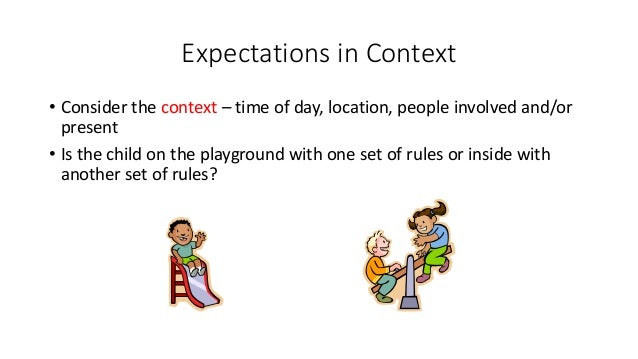
Why is cultural diversity a “good thing”?Ĭulture is the lens with which we evaluate everything around us we evaluate what is proper or improper, normal or abnormal, through our culture. celebrating rather than just tolerating the differences in order to bring about unity through diversity.empowering people to strengthen themselves and others to achieve their maximum potential by being critical of their own biases and.encouraging the contribution of diverse groups.acknowledging the validity of different cultural expressions and contributions.recognition of the abundant diversity of cultures.Caleb Rosado, who specializes in diversity and multiculturalism, described seven important actions involved in the definition of multiculturalism: 5 “…a system of beliefs and behaviors that recognizes and respects the presence of all diverse groups in an organization or society, acknowledges and values their socio-cultural differences, and encourages and enables their continued contribution within an inclusive cultural context which empowers all within the organization or society. The term “culturally diverse” is often used interchangeably with the concept of “multiculturalism.” Multiculturalism is defined as: What does it mean to be “culturally diverse”? From African Americans to Russian Americans, the United States is one of the most diverse nations in terms of culture. 3 There are many ethnic groups in the United States, due in large part to its immigrant population each of these groups contributes to America’s cultural heritage. An ethnic group refers to people who are closely related to each other through characteristics such as culture, language, and religion. 0.2% Native Hawaiian/Pacific Islander 2Įach race encompasses a multitude of different ethnic groups.16% Hispanic or Latino origin (may be of any race).Census Bureau, the 2009 population in America was:


Culture is our “way of being,” more specifically, it refers to the shared language, beliefs, values, norms, behaviors, and material objects that are passed down from one generation to the next. Culture also includes the collective practices we participate in, such as religious ceremonies, the celebration of secular holidays, and attending sporting events.What language do you speak? What is your religion? What holidays do you celebrate? What is your racial identification? What is your ethnic identity? What is your culture?Ĭulture is that which shapes us it shapes our identity and influences our behavior. It informs and is encapsulated in how we walk, sit, carry our bodies, and interact with others how we behave depending on the place, time, and "audience " and how we express identities of race, class, gender, and sexuality, among others. Culture is also what we do and how we behave and perform (for example, theater and dance). It is also the rules, norms, laws, and morals that govern society the words we use as well as how we speak and write them (what sociologists call " discourse") and the symbols we use to express meaning, ideas, and concepts (like traffic signs and emojis, for example). Expanding on these categories, culture is made up of our knowledge, common sense, assumptions, and expectations. In brief, sociologists define the non-material aspects of culture as the values and beliefs, language, communication, and practices that are shared in common by a group of people.


 0 kommentar(er)
0 kommentar(er)
